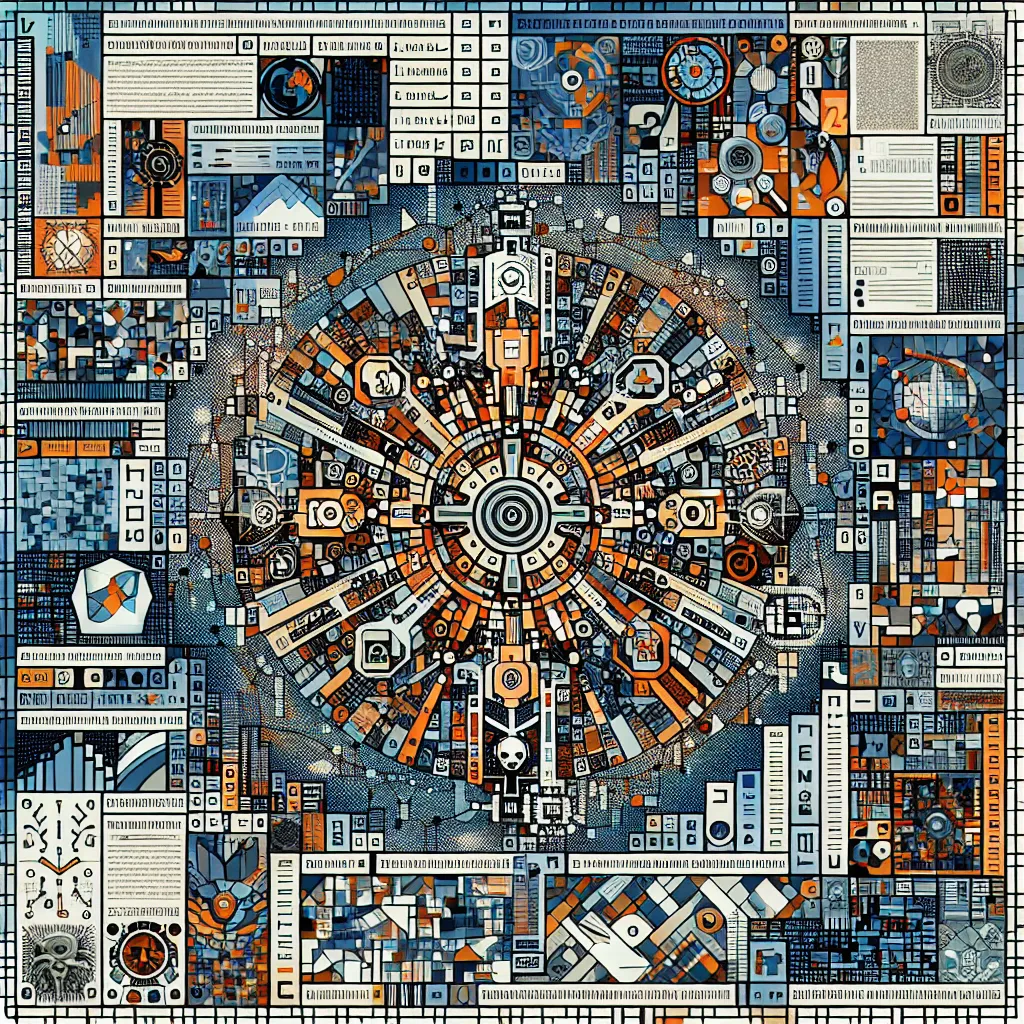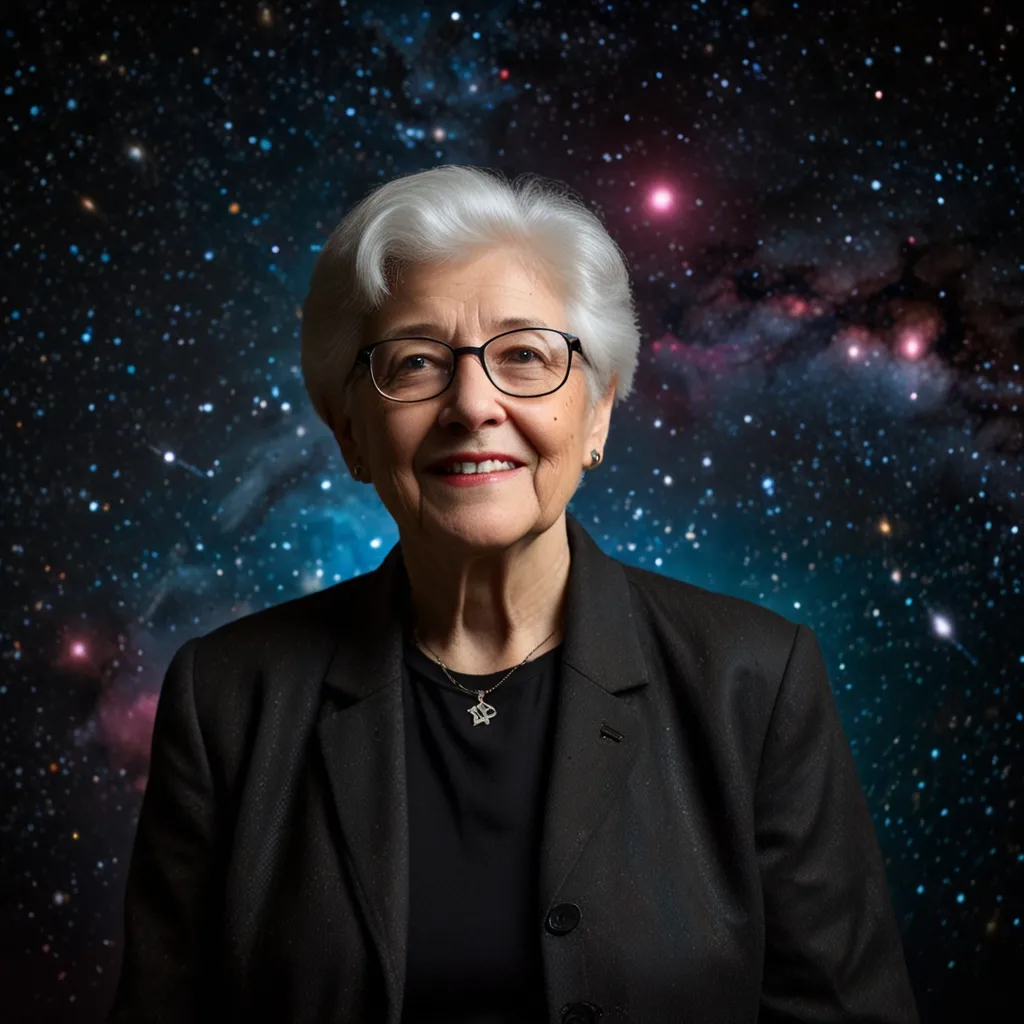On January 4, 2012, a peculiar message popped up on the Internet. It read: “We are looking for highly intelligent individuals. Find the hidden message in this image, and it will lead you to us.” The post was signed “3301.” People speculated: Was it the NSA, CIA, MI6, or the Masons? No one knew. But it was clear; the hunt for Cicada 3301 had begun.
Thousands swarmed 4chan, solving the puzzles one by one. The initial image led to a website, then another layer, and so forth. Solvers used Photoshop to scrutinize pixels, text editors to decode binary formats, and various cryptographic tools. They discovered hidden messages, URLs, and even phone numbers pointing to Austin, Texas. Each clue led to more complex ciphers, including Caesar and Book Ciphers.
Solving these puzzles required knowledge of cryptography, computer skills, and effective teamwork. Participants input hidden keys and deciphered Visionaire ciphers. They found themselves directed to real-world locations, spotting posters with QR codes all around the globe. 3301 made it clear: “We want the best, not the followers.”
3301’s journey wasn’t just about solving puzzles but about testing perseverance and intelligence. The process was like natural selection—only the most patient and committed could advance. Eventually, some solvers reached the endgame: an invite with a unique task enforced by 3201’s cryptographic measures, ensuring no foul play.
Winners were told they had proven themselves worthy and invited into a private online realm. This select group continued to uncover encrypted song files, decipher complex codes, and follow intricate digital trails.
Speculation ran wild. Some said 3301 was a government ploy to recruit top talent. Others thought it was a think tank focused on spreading cryptography and Internet privacy. What united the solvers? The exhilaration of cracking the codes for that sweet dopamine hit.
In January 2013 and January 2014, Cicada 3301 released more puzzles. Each challenge got more convoluted yet deeply engaging. Solve after solve, the community exposed layers of encoded messages, hidden websites, and global posters with QR codes. The 2014 puzzle hinted at a deeper dive into cryptography and privacy with documents like the “Liber Primus.”
By 2016, Cicada 3301 had mysteriously disappeared, leaving solvers with the unsolved “Liber Primus” and a plethora of encrypted messages. Despite 3301’s silence, the community carried the torch, piecing together metaphysical poems and runic text to decode the remaining mysteries.
Through it all, the allure of solving the unknown kept enthusiasts hooked. Cicada 3301 was a master at crafting puzzles that weren’t just tests of intelligence but trials of resolve and ingenuity. And for those who dared to decrypt its secrets, it offered an exhilarating journey into the depths of cryptic enigmas.






